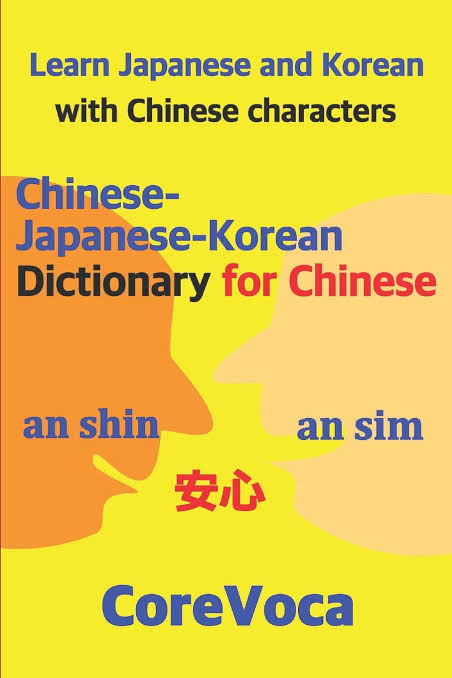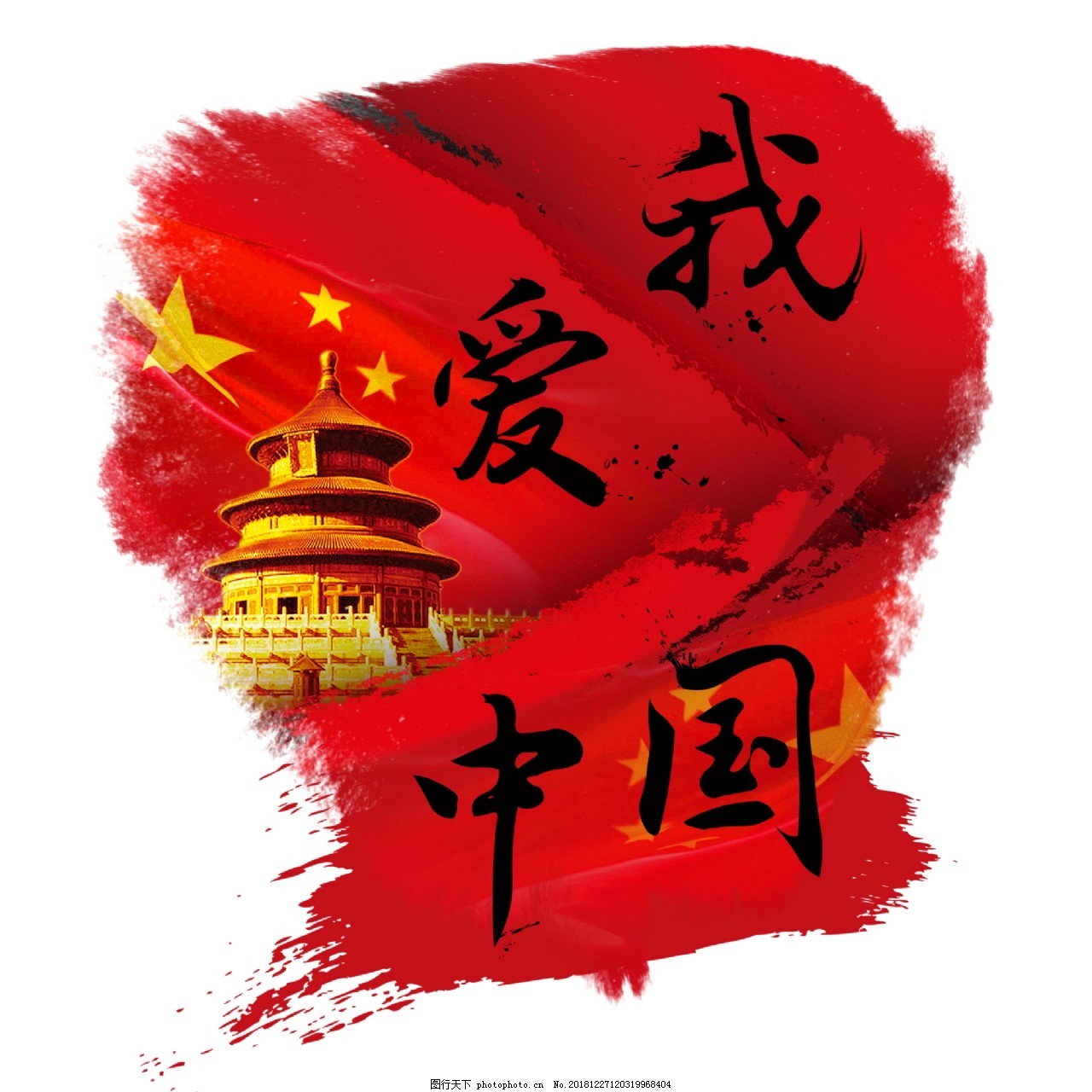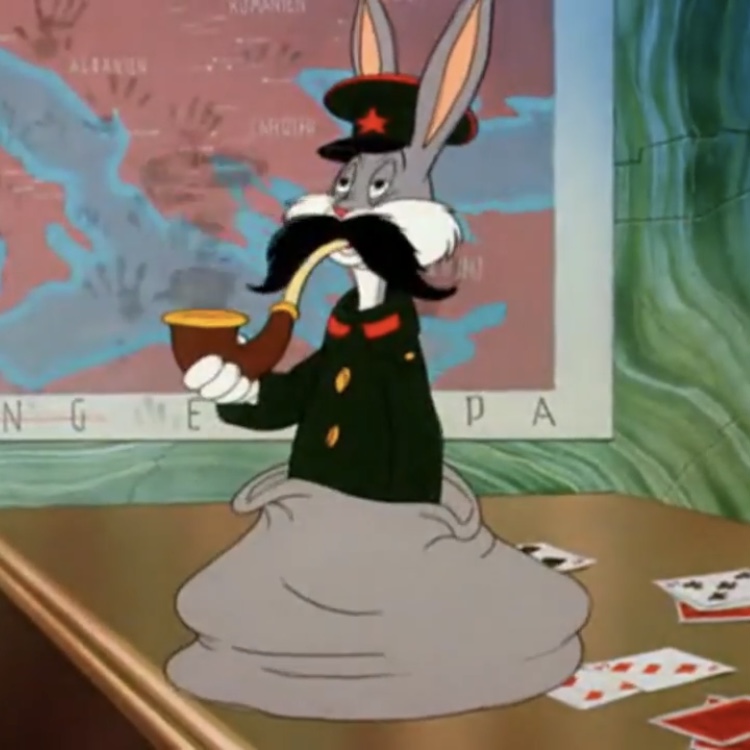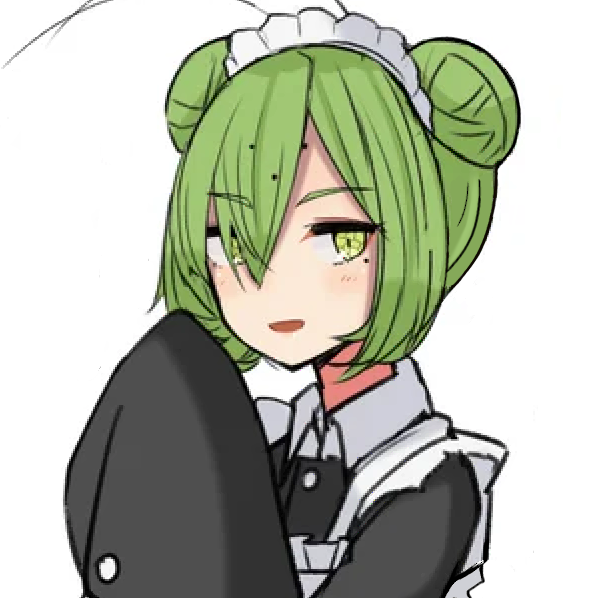I can remember some hiragana and katakana characters. If the two languages are similar enough, maybe I could learn Chinese easier…
No it doesn’t help much at all, just to an extent of recognizing some Kanjis (but also misunderstanding some).
The similarity in Japanese and Chinese ends at Kanji characters and even though the meaning of a kanji is often close in both languages, the pronunciation? pretty rarely.
Japanese didn’t have a writing system and loaned characters from Chinese to record the spoken language. This lead to a mix of vocabulary from both languages as they started using multiple words for the same meaning, one coming from the spoken Japanese and others loaned from the Chinese.
The structure of these two languages bears no similarity at all.
Source: I asked this same question to my native Japanese teacher who knew a bit of Chinese.
you think the pronunciations of kanji are not simular because you are always learning simple words. When you read a Japanese political news you will find almost all the kanji’s pronunciations are simular to chinese
You are right, I haven’t learned complex words and thought it works the same way, thanks for correcting me! But I’m curious, wouldn’t the tonal nature of Chinese be a barrier for the pronunciation to be understandable?
Japanese has simple tones, for example 愛=a↑i↓ 哀=a↑i↑, if I take the tones as Chinese, いいえ=i2e1, 家=i3e1. Of course tones in japanese are not as useful as it in chinese, so sometimes it makes misunderstandings. but you can know what they are talking about depend on the topic. In fact many Chinese people can not pronounce tones well, I met some workers from a small western city ,they asked me for help about the registeration of COVID test, their tones were completely wrong but I still understood despite some difficulties
Really interesting! The accent may sound funny but it would be understandable. The importance and simplicity of comprehension with context as I try learning new languages is all the more evident.
some english words have more than one meaning, i think it’s the same as the situation that "same pronunciations, different meanings"in chinese and japanese. but english is a pronunciation based language so you don’t realize that
It’s less likely to have homophones in English(or most Latin origin languages) just because of the high average number of syllables per word.
Interesting read
some are different spellings, same pronunciations, different meanings for example allowed and aloud, blew and blue. some are same spelling, same pronunciation but different meanings for example ground can mean reason or earth. It’s just my thinking
maybe it wasnt accent, it’s their local lanugage
That’s more probable, might be an odd dialect.
I saw their ID cards, they were not han chinese
when you are hearing a political news and hear そうとう you wont think it’s 相当 双頭 or something else
(I don’t speak Chinese, and I only know the basics of Japanese, so take this with a spoonful of salt.) Chinese seems far more difficult to pronounce than Japanese. In terms of writing, while hiragana and katakana are used everywhere in Japanese, they are only about a hundred characters out of the thousands of kanji used on a regular basis (and the thousands of less common ones), so knowing them won’t help much in learning Chinese. AFAICT, the simplified Chinese characters seem easier to remember than kanji, but it still seems incredibly difficult to learn (I’d love to be proven wrong, though). I assume the radicals (“sub-characters” used to compose actual characters) are simpler in modern Chinese, but I can confirm that remembering kanji and their pronunciation(s) is a massive pain in Japanese
Hiragana and katakana won’t really help. Knowing Kanji would. Kanji had a lot of similarities with traditional Chinese which has a lot of similarities with simplified Chinese. Some Kanji sounds are similar to mandarin.
For example someone mentioned 図書館 vs 图书馆 which you can see is similar.
In simplified Chinese instead of writing out 書 with all the straight lines+top and bottom, you just turn twice with 书.
Left part of 館 also simplified into the hook-like 饣instead of totally writing out the boxes, and this simplification applies to any character that has this 饣part (which often relates to food, livelihood related characters)
And for pronunciation it is to-sho-kan VS tu-shu-guan also similar. Or in most accurate English pronunciation with pronounced parts inside brackets: lit[tle]-[show]-[con] VS [too]-[shoe]-[gwon]e
Oh but of course catch with mandarin Chinese is it having four tones. English and Japanese is just flat. The flat tone is only one of the four possible tones in Chinese.
I think it’s easier for a Chinese speaker to learn Japanese than a Japanese speaker to learn Chinese. Japanese has some nuance with pronunciation, but Chinese, as far as I know, is much more complex. I’ve met Chinese people who have passed N1 just because they knew all the kanji
no, knowing kanji doesn’t help. You need to know many complex grammars that Japanese don’t often use in daily life
I didn’t mean to imply that’s all you need. That was just what a Chinese girl told me. I’m sure there’s more to it than kanji, but she said the only reason she passed(possibly barely) was because she knew the kanji bc they’re Chinese symbols.
deleted by creator
I’m surprised there is so much kana in that sample.
Also, there is this book with the premise that there is a stem vocabulary, similar to Italian and Spanish that learners can use to gain at least a basic understanding of Chinese, Japanese, and Korean through kanji. I wonder what your opinion is about it. I’m learning Japanese. I’m low level though, probably between N4-N5, but I can understand context cues relatively well. My vocab is low.

deleted by creator
because this word is from China. But don’t forget that Japan is a independent nation, japanese needed to talk before they touched China, so they had created thousands of words before they could learn from China.凄(sugo,qi1)强(tsuyo,qiang2)人(hito,ren2)夜(yoru,ye4)最(motto,zui4)they are completely different right?and you must learn this words at startup. when you finally find out the original words and grammars, you can learn many advanced words from China.
I don’t think knowing hanzi helps. Simple Japanese words for example 凄い 強い 走る, the pronunciations of them are completely different from Chinese and they are what you need to know to pass the exam. Advanced words have simular pronunciations to Chinese but they don’t often appear in exams. And Chinese see a japanese word wriiten in kanji they will think “oh I can understand it!” so he left without remembering its pronunciation. When Chinese see “走” in Japanese they may think it’s “walk” because this hanzi in chinese means “walk” but in fact 走 in japanese means run. So knowing hanzi is sometimes even a trouble
I started Japanese last year in college, switched to Mandarin, Mandarin is much better. Japanese is insane to follow as a native English speaker, the syntax is almost upside down. Mandarin is pretty simple by comparison, similar word order with English, primary difference is learning how to speak tonally… which is awful for me because of how monotone I am. Writing systems are mostly just different outside of some parts of Kanji as others have said.
deleted by creator
广场取消取缔电脑电视电话都是从日语里学的(
日与天是有逻辑上的联系的,太阳升起就到了新的一天。日语通常用今日,汉语用今天,但是双方看到都很容易就能理解了。日语中的汤指热水,虽然与现代汉语不同但是和古汉语是一样的意思。中日两门语言肯定不能互相理解,日语虚词很难用汉字表示,不懂这些虚词就无法理解句子的意思
deleted by creator
I mean “广场,取消,取缔,电视,电脑,电话” these words were created by Japanese and Chinese imported them
deleted by creator
each kanji in Japanese has more pronunciations on average, 最も(もっとも)強い(つよい)=最強(さいきょう)の=最强的(zui4 qiang2 de). 最強の has simular pronunciation to 最强的 but completely diiferent from 最も強い. Simple words are completely different from Chinese because they appeared before Japanese could learn from China. Though they are written in kanji, it won’t help you. If you know many advanced words of Japanese it will help a lot, they have simular pronunciation to Chinese. But you just know 仮名, well it won’t help
Idk just started learning Chinese myself. I’ve been able to read characters for numbers for a number (heh) of years thanks to school, but it wasn’t a subject I formally took.
From eyeballing on a quick search (Mandarin vs Kanji) it they look rather similar in that numerical context alone, the rest I have 0 clue. I’d guess it’d be far more helpful than not though.
壹贰叁肆伍陆LOL







